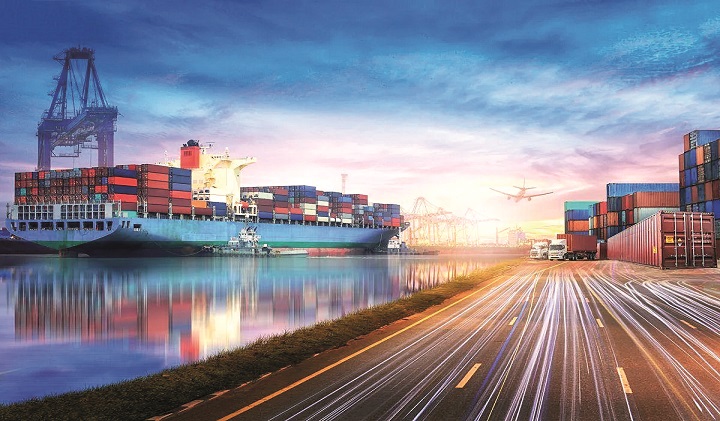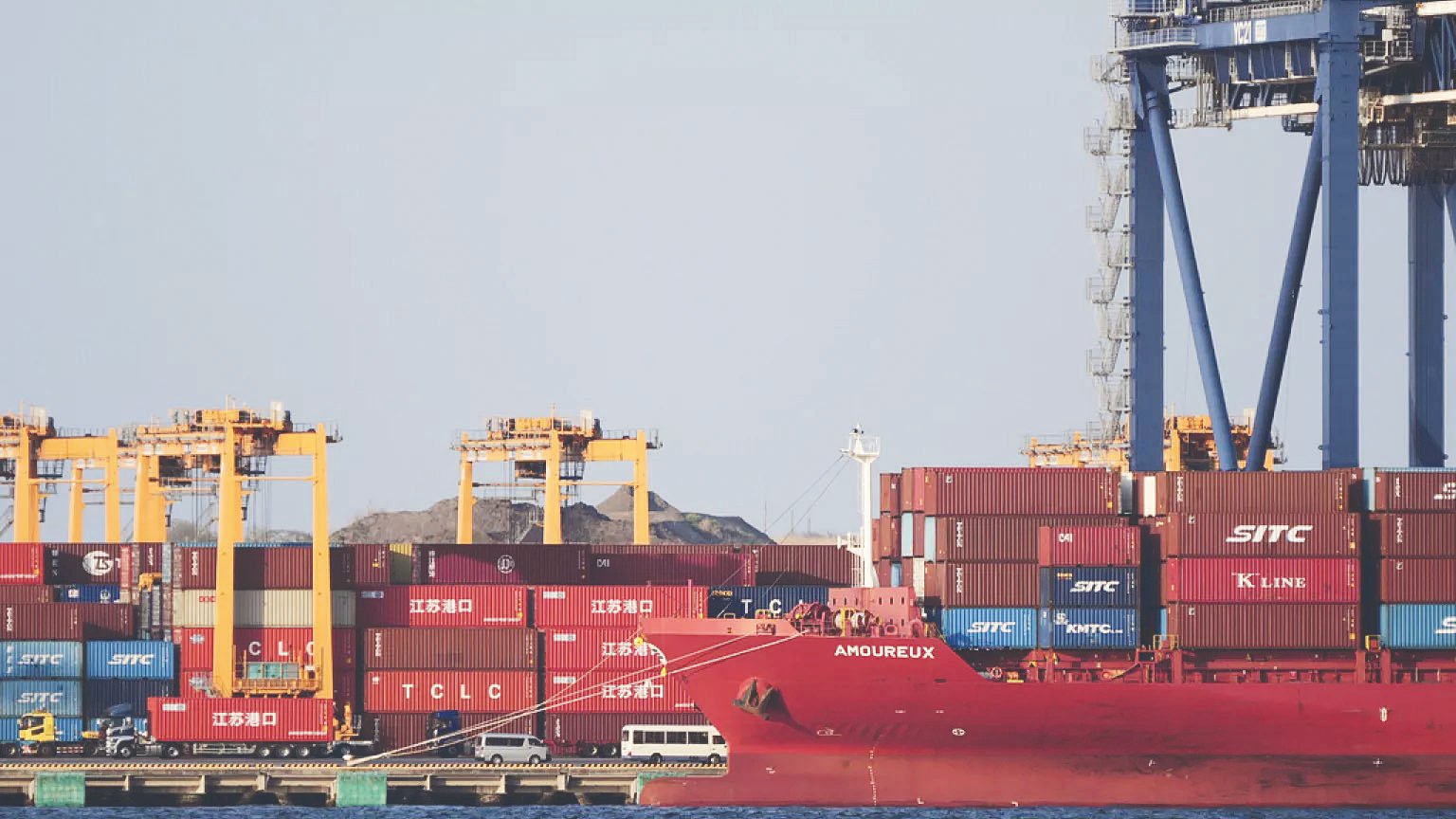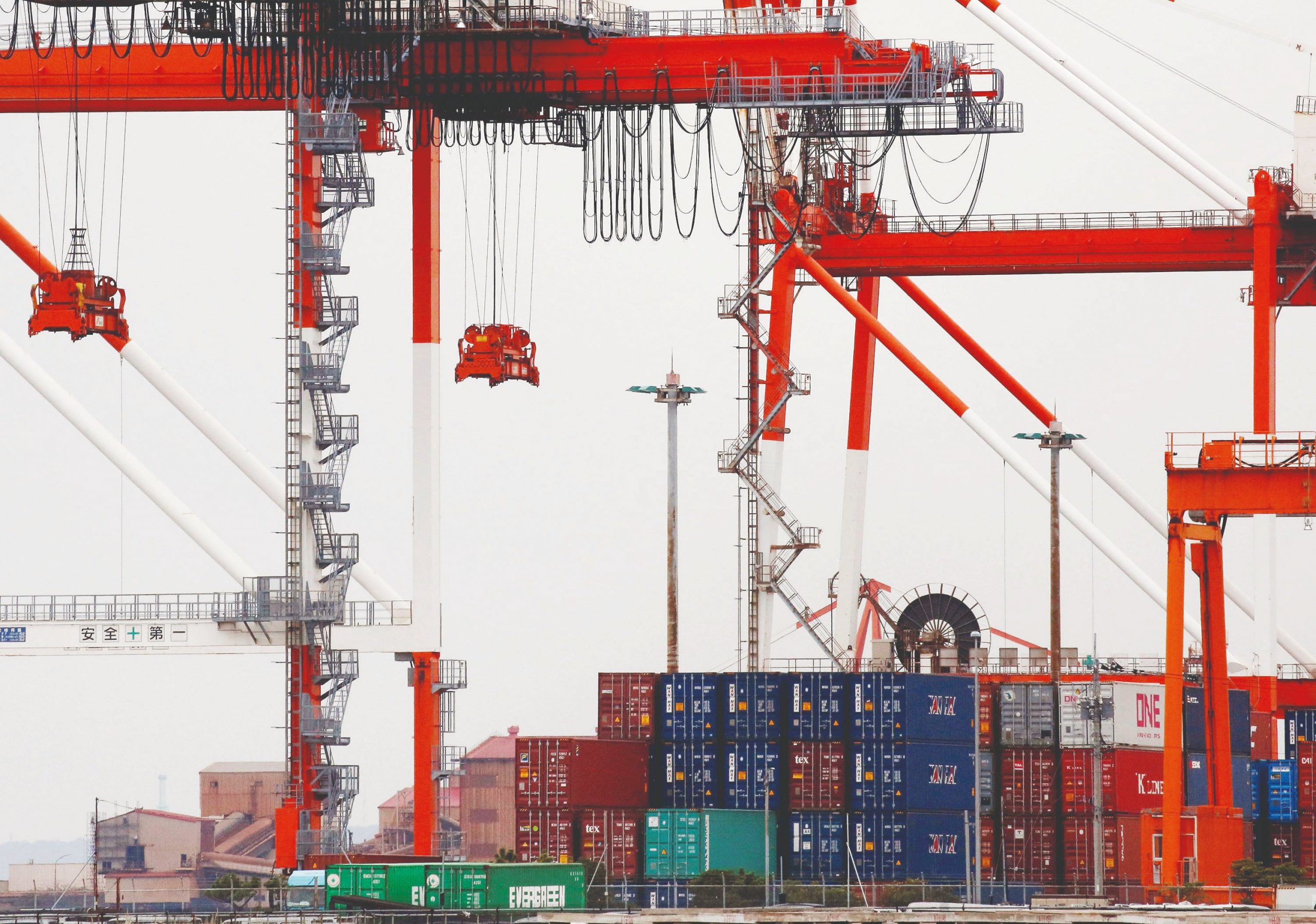Japan’s exports dropped in May for the first time in eight months as top automakers like Toyota were hit by sweeping U.S. tariffs – while Tokyo also did not manage to strike a trade deal with Washington this week – which would likely put even more pressure on a fragile economy.
Japan’s Prime Minister Shigeru Ishiba said after the G-7 summit in Canada that his country had not reached a comprehensive tariff agreement with Washington, as some disagreements persisted between the two nations despite several rounds of talks. Japan and the U.S. “explored the possibility of a deal until the last minute,” he added. Tokyo is scrambling to find ways to get Washington to exempt Japan’s automakers from 25% automobile industry-specific tariffs, which are hurting the country’s manufacturing sector. Japan also faces a 24% “reciprocal” tariff rate starting on July 9 unless it can negotiate a deal with Washington. The data showed that Japanese auto exports to the U.S. fell almost a quarter in May as worries over tariffs grow. Roughly 8% of jobs are tied to the auto industry in Japan, which is home to the world’s top-selling carmaker, Toyota, as well as Honda, Nissan and other giants.
Japan’s automobile sector accounted for about 28% of the total 21 trillion yen ($145 billion) worth of goods the Asian country exported to the U.S. last year.
Its total exports in May dropped 1.7% year-over-year by value to 8.1 trillion yen, government data showed, smaller than a median market forecast for a 3.8% decrease, and following a 2% rise in April. Exports to the U.S. slumped 11.1% from a year earlier, the largest monthly percentage decline since February 2021, dragged down by a 24.7% plunge in automobiles and a 19% fall in auto components, while a stronger yen also helped reduce the value of shipments. Exports to China were down 8.8%. In terms of volume, however, U.S.-bound automobile exports dipped just 3.9%, indicating that the biggest Japanese exporters were absorbing the tariff costs.
“The value of automobile exports to the U.S. fell, but their volume did not drop that much,” Daiwa Institute of Research economist Koki Akimoto said. “This indicates Japanese automakers are effectively shouldering the tariff costs and not charging customers.”
So far, major Japanese automakers have refrained from price increases in the U.S. to mitigate the tariff costs, except for Subaru and Mitsubishi Motors.



